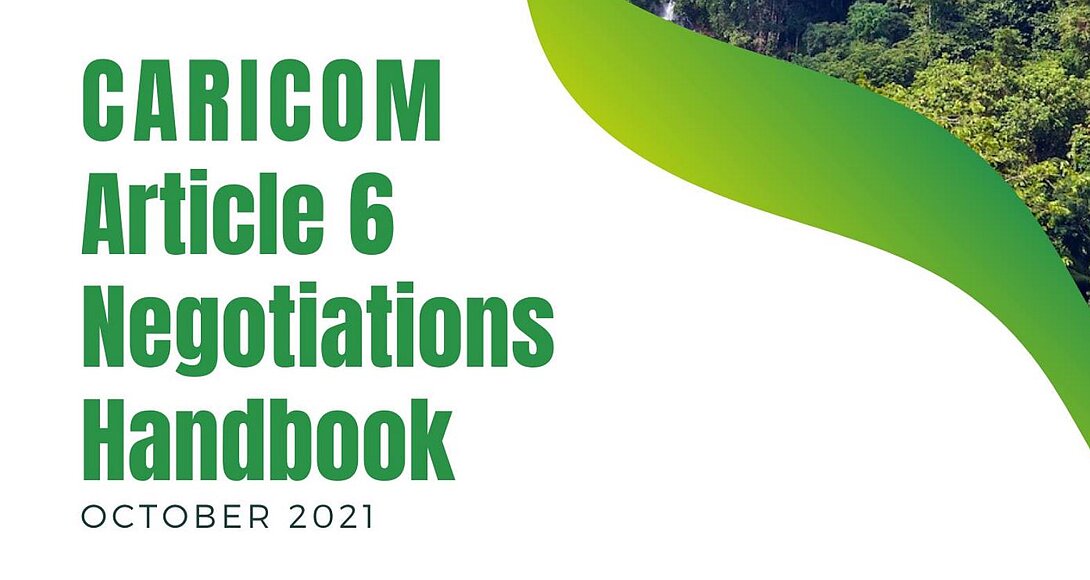The latest Intergovernmental Panel on Climate Change (IPCC) report on climate change findings are alarming and paints humanity's grim future if immediate and decisive action is not observed. The report is a stark reminder of the urgency of a global transition to net-zero economies. Failure to act is no longer an option. This is why the upcoming COP26 poses as the defining moment for the future of humankind. In November, world leaders are convening in Glasgow for the most important climate negotiations in our recent history.
The history of international climate negotiations is marked with contentious issues on multiple grounds: language, goals, mechanisms, whether the provisions are binding or not. In this context, and just ahead of COP26, the CARICOM makes the Article 6 Negotiations Handbook available. The handbook is a technical manual that aims to bring the complexity of Article 6 negotiations in a simple but yet exhaustive manner. It draws on the technical aspects of Article 6 of the Paris Agreement and is instrumental to CARICOM climate negotiators at COP26.
The CARICOM Article 6 Negotiation Handbook was developed with the support of the Global Carbon Market Project in the Caribbean, and it is adapted from the original Article 6 Negotiations Handbook for Eastern Africa.
Siehe auch:
Article 6 Negotiations Handbook for Eastern Africa
Article 6 Negotiation Handbook for Latina America Audience (Spanish)

